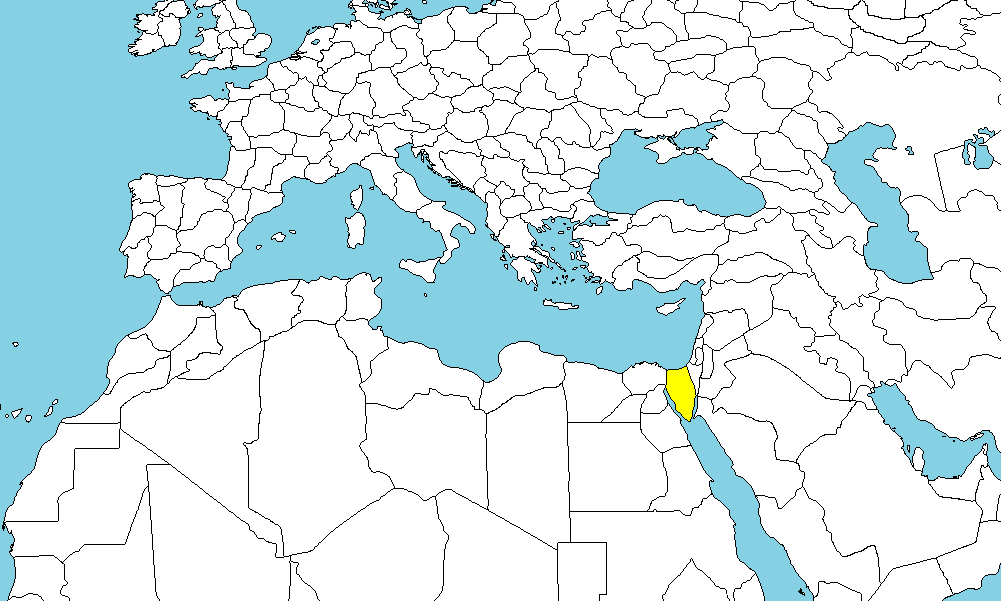Imperium Economicum
Spoiler :

Remember: Spam, harassment, trolling, or anything else that violates CFC rules WILL result in player bans.
Introduction to the Game:
Unlike many IOTs, which spend a great deal of time coming up with in-depth rules for expansion and war, this IOT is designed to create in-depth trade and diplomacy, though, of course, expansion and war are modeled, as well. As a result, you will see many options for things such as espionage, blockades, strong political alliances, and different economic models. Even war has been turned into a more diplomatic and economic process - warzones, or even being at war, can change what parts of your economy you focus on. Furthering this, province attacking (and thus, shifting control) has been removed, and, instead, provinces are dealt with solely in trade deals, expansion, and peace treaties. A brief overview of the most important (non-traditional) concepts is below.
Population:
Population is modeled in this game, and, depending on the basis of your economy, chosen provinces, and policies on matters such as immigration, the population of your provinces will rise and fall.
Population is used in a few things:
Stability:
Larger populations, especially those crowded into fewer provinces, are bound to have some unrest.
Military:
Depending on your government's RP and actions, you will recruit soldiers directly from your population, with varying percentage caps.
Economic and Social Policies:
You will be able to control your population's every action, give them unlimited free reign, or opt for a middle ground. This will open up your nation to a series of small modifiers, the most easily changeable at most points within the game.
Altered War Mechanics:
The biggest changes from your standard IOTs are as follows:
War Zones (Nations where a war is occuring will recieve varying penalties, most notably emigration. These are not necessarily the defending or losing side. If two nations with a border go to war, both become war zones.)
Additionally, through the control zones of bases, provinces are not ceded, but temporarily captured - useful in determining peace treaties.
Alliances:
Usually the bane of IOTs, strong, permanent alliances are feasible (and better) in this IOT, and formal, announced alliances will carry a series of benefits.
Just as an one-province nation can win, so can a large alliance. Being in an alliance confers benefits. Betraying an alliance creates penalties.
Currencies:
Players, at start, choose a currency for their nation. Depending on trade and investments, this currency's value may rise and fall throughout the game.
While it may not be done on turn 1, it is permissable for players to adopt new, international currencies (see Euro).
Signing Up:
When signing up, players are given 100 of their currency (which will be of equal value, at game start), to spend however they see fit (1 province is required, but, as explained below, the first province is free).
Please follow the format below (It is mostly RP, but, determines many national modifiers, in terms of NPC relations and population growth)
Spoiler :
Nation Name:
Government Type:
Currency:
Overview of Societal Structure:
Overview of Immigration Policy:
Map








